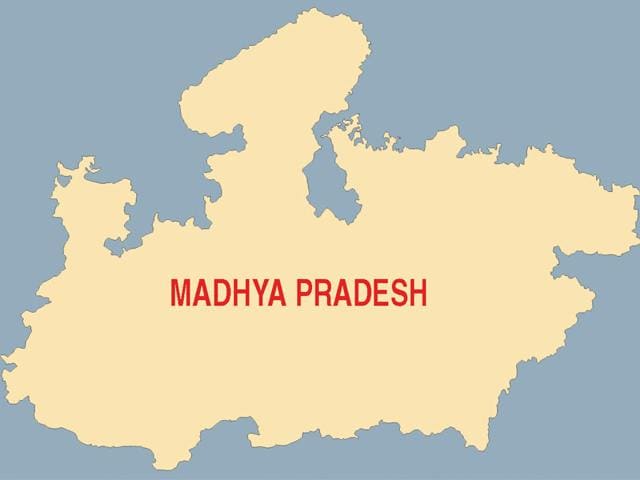Emergency veterans recall their longing for freedom
Long before Babubal Gaur became Madhya Pradesh’s minister of home and jail, he had found himself behind bars without committing any crime, incarcerated for 18 months during what is referred by many as independent India’s “darkest period”.
Long before Babubal Gaur became Madhya Pradesh’s minister of home and jail, he had found himself behind bars without committing any crime, incarcerated for 18 months during what is referred by many as independent India’s “darkest period”.

Savita Bajpai, a young political activist, too had landed up in jail around the same time in 1975, picked up from a protest rally by police in Bhopal.
On the eve of 40th anniversary of imposition of Emergency by then prime minister Indira Gandhi, leaders of the state recalled the then Congress government’s countrywide crackdown on political opponents and their longing for freedom.
Emergency was imposed in the country on June 25, 1975 by Gandhi’s government citing threat to internal security. It was lifted on March 21, 1977.
Leaders active during the period said that jails in Bhopal, Indore, Rewa and Begumganj had witnessed the incarceration of many non-Congress leaders and also helped launched the political careers of many who went on to occupy high offices in post-Emergency governments.
“I was an independent MLA when I was arrested,” recalled Gaur, now a BJP member. He had spent 18 months in the Bhopal and later Begumganj jails.
“When the house was in session, I sent a question seeking to know why Emergency was imposed and why I had been arrested?” he said, adding that the government of the day gave a reply which it still does in response to many questions, “Information is still being collected.”
Gaur also said that during the months in jail, he met and got to know many people.
“(JD-U leader) Sharad Yadav was one of them,” he said, adding “Food in jail was simple but well made. We sang patriotic songs, read and gave speeches that were heard by other inmates.”
Savita Bajpai, 76, was a member of the socialist party when she was arrested ended up spending 16 months at the Bhopal central jail.
“I was one of the three-and-half women inmates at the Bhopal jail, one of them being a 3-year-old girl,” she said.
Though there were no atrocities in jail, the political prisoners longed to get out as the only thing they could see from the cells was the sky, she added.
After coming out of jail, Bajpai contested the assembly elections on a Janata Party ticket from Sehore and later served as a minister thrice between 1977-1980.
Former BJP MP, Kailash Sarang, 79, spent 20 months in jail during the Emergency, first in Bhopal and later at Begumganj. Sarang, then a member of the Jan Sangh says Kushabhau Thakre had asked him to evade arrest, remain underground and continue to work for the party.
“I used to change houses. But a journalist saw me and informed the police and I was arrested and sent to jail,” he said.
He recalled enacting plays, music sessions, exercising and playing games inside the jail besides making speeches.
Sarang also remembered holding discussions with 30-35 workers of the Jamaat-e-Islami Hind who were housed in an adjoining barrack.
The organisation too was banned along with the RSS during the Emergency.
Sarang was later shifted to the Begumganj jail in Raisen district which had several high-profile detenues, many of whom like Sheetla Sahay, Ramhit Gupta and Gaur went on to become ministers.



